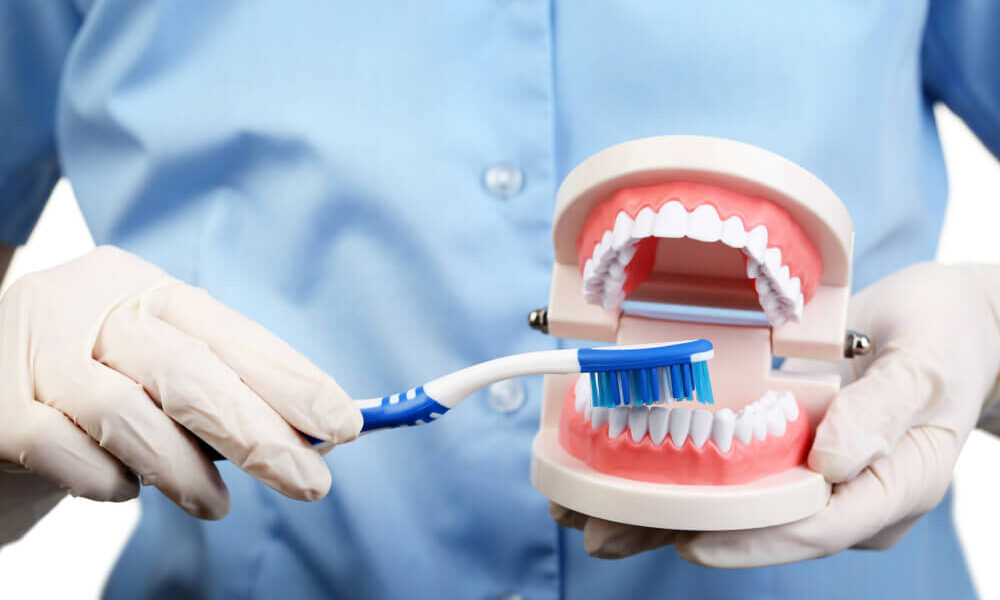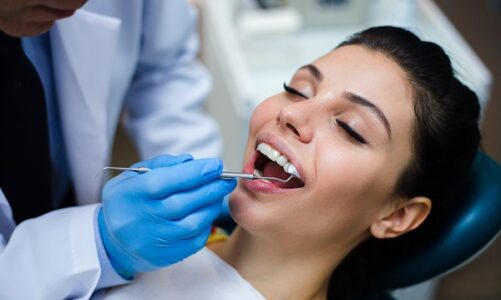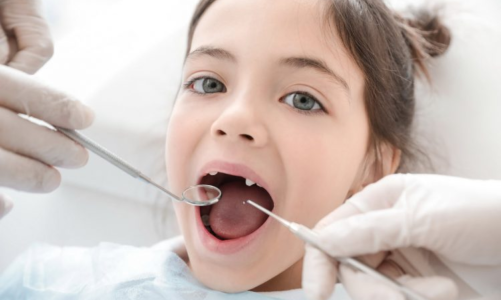Visiting a family dentist in Clermont, FL can be your first step towards stronger dental health. Preventive care is not just a routine check-up. It plays a crucial role in avoiding painful emergencies. When you make preventive care a priority, you are choosing to protect yourself from unexpected dental problems. You might wonder how something so simple can make such a difference. Regular cleanings remove harmful plaque and enable early detection of issues. They help you maintain strong teeth and gums. These visits also allow your dentist to identify potential trouble spots. Beginning a preventive regimen as soon as possible helps you sidestep common dental mishaps. If you act now, you can avoid the cost and discomfort of emergency treatment. Remember, taking the time for preventive care today can spare you from uncomfortable surprises tomorrow. Your dental health is worth the investment.
The Importance of Preventive Care
Preventive care includes regular visits to your dentist for check-ups and cleanings. These appointments help your dentist catch problems early. Early detection makes treatment easier and less invasive. You can avoid more serious issues by addressing small problems before they grow.
Routine cleaning removes plaque and tartar. Plaque is a sticky film of bacteria that forms on your teeth. If not removed, it can harden into tartar, which can only be removed by a dentist. Plaque and tartar lead to tooth decay and gum disease.
Understanding Dental Emergencies
Dental emergencies can happen unexpectedly. They include severe toothache, broken teeth, and infections. These situations often require immediate attention to relieve pain and prevent further damage.
Emergencies are not only uncomfortable. They can also be costly and disruptive to your daily life. For instance, a sudden toothache can interrupt work or family time. You may need immediate treatment, which can be expensive if the problem has escalated.
Preventive Care vs. Dental Emergencies
| Preventive Care | Dental Emergencies |
|---|---|
| Regular check-ups and cleanings | Immediate treatment required |
| Early detection of issues | Sudden and unexpected |
| Cost-effective | Potentially expensive |
| Reduces risk of pain | Often painful |
Steps to Effective Preventive Care
There are simple steps you can take to maintain your oral health and reduce the chance of emergencies. First, brush your teeth twice daily. Use fluoride toothpaste to strengthen your teeth. Second, floss daily to remove food particles and plaque between your teeth. This helps prevent cavities and gum disease.
Also, consider your diet. Limit sugary foods and drinks. Sugar feeds the bacteria that cause tooth decay. Eating a balanced diet supports your overall health and strengthens your teeth.
Finally, schedule regular dental check-ups. During these visits, your dentist will clean your teeth and check for any signs of trouble. They can offer personalized advice and treatments to keep your mouth healthy.
The Role of Education in Preventive Care
Education plays a vital role in preventive care. Understanding the importance of oral health helps you make informed decisions. Many resources are available to learn about proper dental care practices.
The Centers for Disease Control and Prevention (CDC) offers guidance on maintaining oral health. Their resources cover basic care tips and information on the impact of oral health on overall well-being.
Additionally, the American Dental Association (ADA) provides a wealth of information. They offer tips for daily care, explain different dental conditions, and promote the benefits of preventive care.
Conclusion
Taking charge of your preventive care can save you from the pain and expense of dental emergencies. By taking simple steps at home and visiting your dentist regularly, you can maintain a healthy smile. Preventive care is a smart investment in your health, ensuring that you avoid unexpected problems and enjoy peace of mind. Start today by scheduling a check-up and taking proactive steps to protect your oral health.




